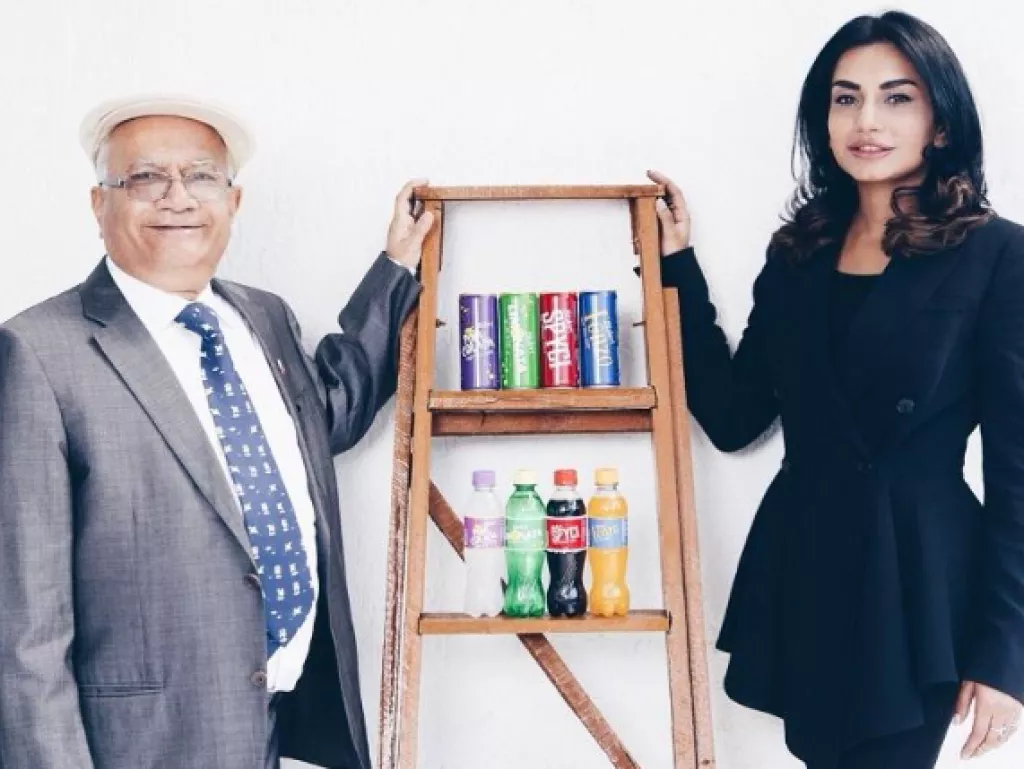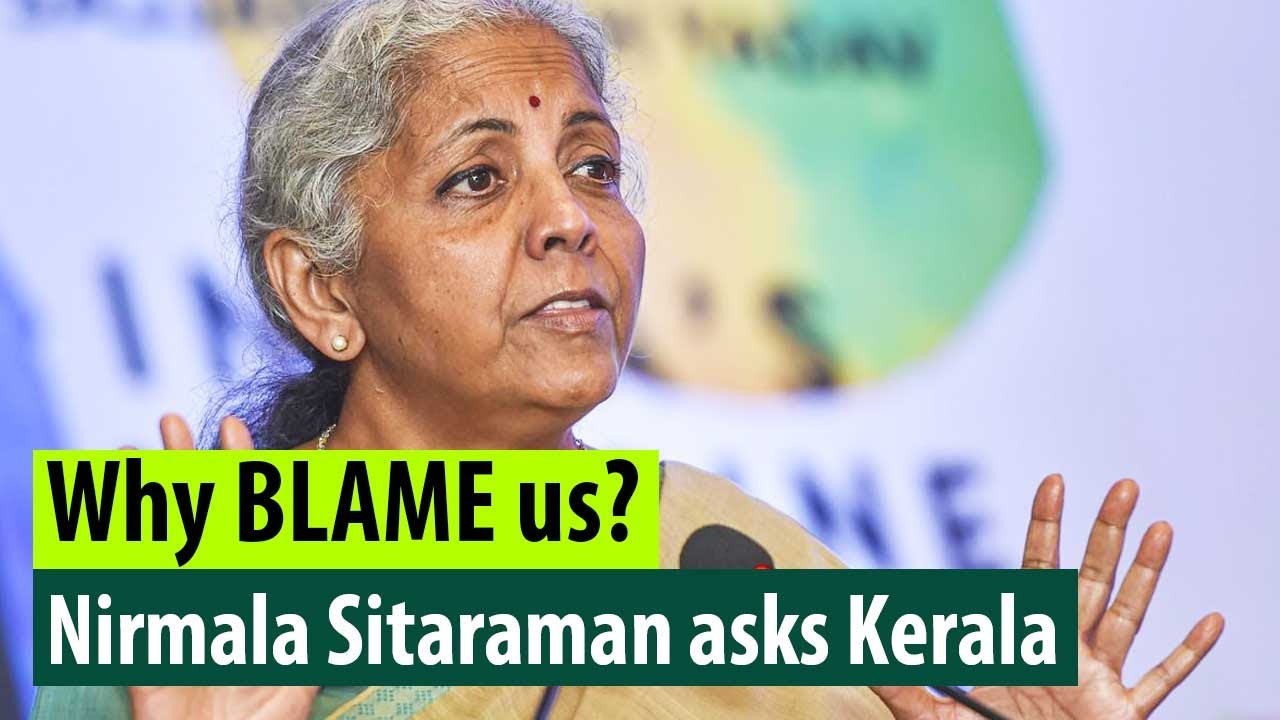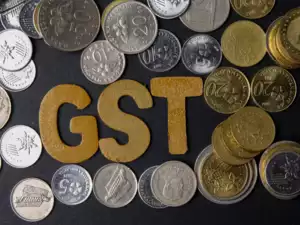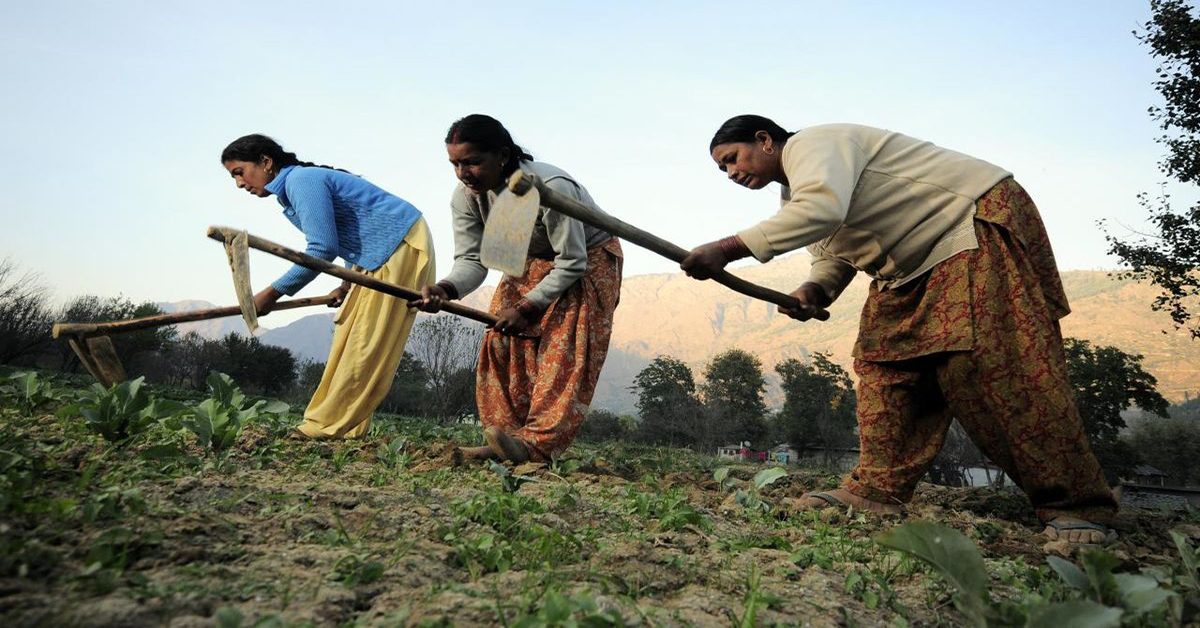


On October 17, 2024, Wipro announced a 21% increase in net profit for the September quarter and a bonus share issue in proportion of 1:1, marking the company's first bonus share issuance since 2019. This is the 14th time Wipro has issued bonus shares, solidifying its position as the most frequent issuer of bonus shares among Nifty and Non-Nifty constituents. Shareholders can expect to receive their bonus shares on December 15, 2024.
Wipro Announces Bonus Share Issue, Marking a Significant Milestone
Background
Wipro Limited, a leading global information technology, consulting, and business process services company, has a long history of rewarding its shareholders with bonus shares. The company's first bonus share issue was made in 1988, and since then, it has issued bonus shares on 13 different occasions, establishing itself as the most frequent issuer of bonus shares among Nifty and Non-Nifty constituents.
Recent Announcement
On October 17, 2024, Wipro announced its 14th bonus share issue in a ratio of 1:1. This move came on the heels of a strong financial performance in the September quarter, with a 21% increase in net profit. The bonus share issuance is a testament to Wipro's commitment to shareholder value creation and its confidence in the company's future growth prospects.
Details of the Bonus Issue
Eligible shareholders will receive bonus shares in the same proportion as their existing shareholding. For example, if a shareholder holds 100 Wipro shares as of October 31, 2024, they will receive an additional 100 bonus shares.
Significance of the Bonus Issue
Bonus share issuances are a way for companies to reward shareholders without incurring any additional cash outflow. By issuing bonus shares, Wipro is effectively increasing the number of shares outstanding without diluting the ownership of existing shareholders. This can lead to an increase in the company's market capitalization and enhance its overall liquidity.
FAQs
1. When will I receive my bonus shares?
Bonus shares will be credited to eligible shareholders' demat accounts on December 15, 2024.
2. What is the tax implication of bonus shares?
Bonus shares are tax-free in the hands of the shareholder. However, any subsequent sale of bonus shares will be subject to capital gains tax.
3. How will the bonus issue affect Wipro's share price?
The bonus issue is likely to have a neutral impact on Wipro's share price over the long term. In the short term, the share price may fluctuate due to profit booking by some investors.
4. Is Wipro likely to issue bonus shares again in the future?
The company's decision to issue bonus shares in the future will depend on a number of factors, including its financial performance, market conditions, and shareholder feedback.
5. What is the history of Wipro's bonus share issuances?
Wipro has issued bonus shares on 13 previous occasions, with the most recent being in 2019. The company has a track record of rewarding shareholders with bonus shares during periods of strong financial performance.

On the occasion of the late Ratan Tata's birth anniversary, take a look at the breakdown of the former chairman emeritus of Tata Sons' estimated net worth of Rs. 7,900 crores. Known for his philanthropy, a significant portion of his wealth was donated to charitable trusts. In addition to his investments in startups and tech companies, Tata also had a passion for cars, with a collection that included models from Tata, Mercedes-Benz, Land Rover, Maserati, and more. Interestingly, 66% of Tata Sons' profits were allocated to charitable works in areas like healthcare and education.

Mamata Machinery, a leading industrial products company, saw a strong debut on the stock exchanges on Friday with a premium of 147% and a closing gain of 159%. Its IPO, which was oversubscribed nearly 200 times, received a massive response from investors despite a downtrend in the stock market. With a strong demand and reasonable valuations, the company is expected to deliver a return of 100% or more, making it a profitable investment for long-term holders. For conservative investors, experts recommend booking profits while non-allotted investors can consider buying on dips after listing.

After Ramesh Chauhan's decision to sell his iconic brand, Bisleri, many expected it to be a smooth transaction with the Tata Group taking over. However, his daughter Jayanti surprised the business world by rejecting the Group's generous offer of Rs 7,000 crore and deciding to lead the company herself. Under her leadership, Bisleri saw a resurgence, recording a revenue of Rs 2,300 crore and implementing initiatives to modernize the brand and expand its reach. Her bold decision has not only kept Bisleri independent but also showcased her remarkable leadership skills and vision for the future.

Bert Castro, president and CEO of the Arizona Center for Nature Conservation, provides an update on the progress of plans for an animal conservation and care center in Sahuarita. The project, which includes efforts to annex the entire operation into Sahuarita, is moving forward despite some initial delays. Castro says the organization is committed to seeing the project through to fruition.

Former Chief Executive Keith Wyness has predicted that Everton could be facing a third “Profit and Sustainability Rules” hearing in the new year, which may have been postponed by the recent Friedkin takeover. The Toffees were hit with two points deductions last season, but a second case ruled that the complexity of arguments over interest payments should not be heard at that time. While the takeover has been resolved and ownership for the new Bramley-Moore Dock stadium as been finalized, there is still no resolution for Everton's potential third punishment. The Premier League is yet to make a decision on the matter.

The GST Council has recently decided to tax all used vehicles, including electric vehicles, at a uniform rate of 18%. This has led to confusion among car owners, who are now worried about the impact on their profits. However, Finance Minister Nirmala Sitharaman has clarified that the 18% tax will only be levied on the profit made from selling the vehicle, not the entire selling price. The video of her explanation has gone viral on social media, providing much-needed clarity to individuals and businesses.

Union Home Minister Amit Shah will lead an event on December 25th to inaugurate over 10,000 Multipurpose Primary Agricultural Cooperative Societies (M-PACS), dairy, and fisheries cooperatives, emphasizing on the significance of the cooperative sector in boosting self-reliance and financial inclusion. The event will feature distribution of registration certificates, RuPay Kisan Credit Cards, and micro ATMs to empower rural communities. With over 1,200 delegates expected to attend, the conference will serve as a platform to strategize strengthening of cooperatives and promoting sustainable agricultural practices. Download Krishi Jagran Mobile App for more updates on the Latest Agriculture News, Agriculture Quiz, Crop Calendar, Jobs in Agriculture, and more.

Indian apparel brand Being Human Clothing has expanded its reach by launching a new store in Chennai at Express Avenue Mall. The store was inaugurated by popular Indian dancer Prabhu Deva, adding star power to the launch. The brand, which supports charitable initiatives through its sales, looks forward to serving the people of Chennai with its stylish and socially responsible clothing options. The store offers a wide range of men's and women's apparel, along with the brand's latest Autumn/Winter 2024 collection. Being Human Clothing is available globally and aims to showcase its offerings to decision makers in the retail, eCommerce, and fashion industries.

The GST Council has decided to simplify the tax rate for the sale of old and used vehicles by prescribing a single rate of 18%, including Electric Vehicles (EVs). This will benefit both buyers and sellers as it streamlines the process and eliminates confusion about different tax rates for different types of vehicles. The update also clarifies that for registered individuals who have claimed depreciation under the Income Tax Act, they only have to pay GST on the margin between the selling price and depreciated value of the vehicle.

A recent data analysis by the Agriculture Ministry has shed light on the widening gap between the terms of trade (ToT) for farmers and agricultural labourers in India. While crop prices have increased by 111.2% over the past two decades, the cost of inputs for farming has risen by 198.1%, resulting in a decline in the ToT for farmers. This has led to a situation where agricultural labourers, who receive only wages and not the profits from farming, are faring better than the farmers themselves. The cost squeeze for farmers is mainly due to rising input costs, and they are unable to pass these on in the form of higher prices for their produce.